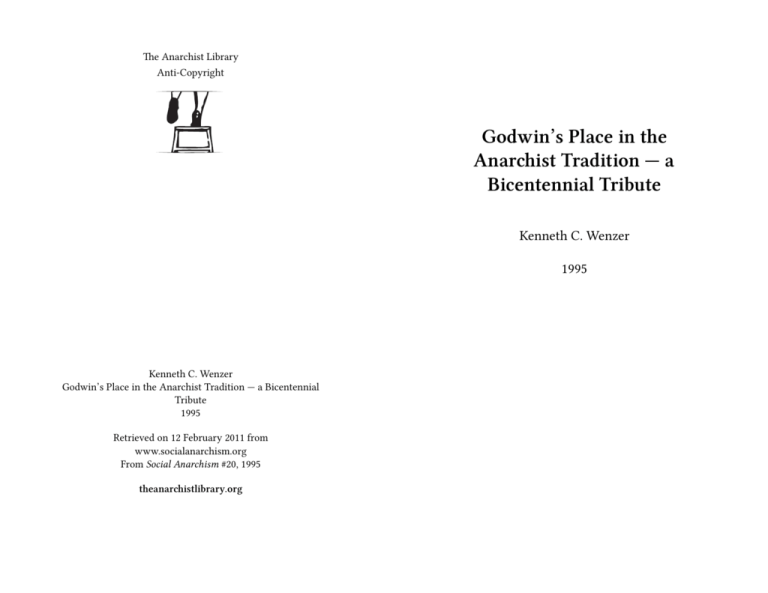

Having set off for England via the great port city of Bremen - where he penned political texts as Friedrich Oswald - Engels stopped off in Cologne in October 1842 to the staff at the paper. He became heavily interested in the rising class conflict, regularly contributing to Rheinische Zeitung, a German newspaper whose editorial line was soon radicalized by a young Hegelian called Karl Marx.

In the months leading up to his move, Engels had increasingly immersed himself in radical journalism and left-wing politics. Two centuries since his birth, Engels’s status as a colossus of revolutionary socialism can be traced right back to his decision to agree to come to Manchester - allowing him a direct, and not only theoretical, education in the exploitation the working class faced.

An autodidact from a young age, Friedrich saw his father’s demands as a golden opportunity to glean firsthand experience of the world’s most advanced industrial economy.

Had he declined the job at Ermen & Engels, situated in the heartland of industrial England, the trajectory of modern socialist thought would look rather different. This might have been a good use of man power - but as a means of deterring young Friedrich from pursuing a life of revolution, his ploy came up remarkably short. One month after threatening “plenty of work,” he sent his son to Salford, then on the outskirts of Manchester, to manage a cotton mill that he part-owned. Already a Hegelian philosopher and recent convert to communism, this twenty-two-year-old’s Weltanschauung (or “worldview”) had long outgrown parental sway. “I hope however to give him plenty of work to do and - wherever he may be - I will arrange for him to be very carefully watched so that he does not do anything to endanger his future career.”Ī Christian Pietist and strict disciplinarian, Friedrich Engels Sr was naive to think he could quell his eldest son’s revolutionary instincts. “ is like a scabby sheep in a flock and openly opposes the beliefs of his forefathers,” he wrote in a letter. In October 1842, a wealthy businessman from the Rhine province of Prussia aired his grievances about his wayward son.


 0 kommentar(er)
0 kommentar(er)
